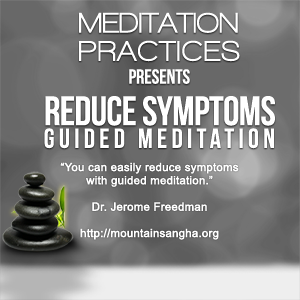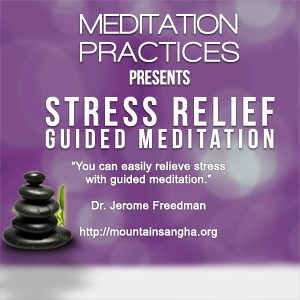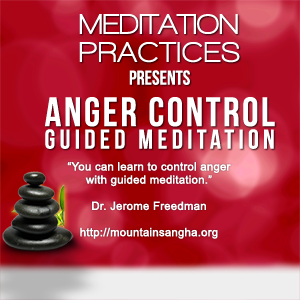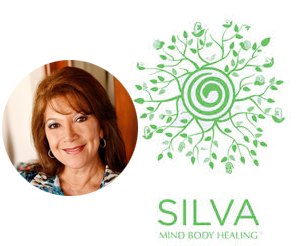I just watched a movie last night that moved me to tears. It was called, “Journey To Planet Earth – Plan B: Mobilizing to Save Civilization” on PBS narrated by Matt Damon. The 1.5 hour documentary featured Lester Brown.
Plan B for saving civilization is offered as an alternative to, guess what, Plan A: business as usual – increased mindless consumption of fossil fuels. It has four components:
- Cutting carbon emissions by 80% by 2020.
- Stabilizing population at no more than eight million.
- Eradicating poverty.
- Restoring the earth’s natural systems. That includes forests, soils, grasslands, aquifers, fisheries, and so forth.
Lester Brown says that all of these components are interconnected:
“These components of plan B are tightly linked and integrated. In order to achieve one of them, we have to achieve the others. We can’t sort of pick and choose. This is not a menu. This is a comprehensive integrated plan. We have to move forward on all four at the same time.”
Here is a portion of the movie I watched. Lester Brown explains the plan and offers hope to the world civilization.
 |
|
|---|---|
|
Challenges Unite Us | December 19, 2014
The world is facing unprecedented challenges—environmental, economic, social, and moral—and to successfully rise to meet these challenges we must draw on the wisdom of the East and the West, of the ancient and the modern. The same challenges that imperil our very existence may help us unite in ways never before witnessed in human history. – B. Alan Wallace, “Six Questions for B. Alan Wallace” |
In my humble opinion, there is one significant component missing from Plan B for saving civilization: Reduction of animal agriculture by 50% by 2020. This includes beef, pork, poultry, milk, and eggs. After all, milk is hormonal food for calves. Dr. Michael Klaper, M. D., a physician at the True North Health Center says,
“When you think about it, …the purpose of cow’s milk is to turn a 65 pound calf into a 400 pound cow as rapidly as possible. Cow’s milk is baby calf growth fluid. That’s what the stuff is. Everything in that white liquid – the hormones, the lipids, the protein, the sodium, the growth factor, IGF – everyone of those is meant to blow up that calf into a great big cow that wouldn’t be there.
Whether you pour it on your cereal as a liquid, whether you clot it into yoghurt, whether you ferment it into cheese, whether you freeze it into ice cream, it’s baby calf growth food! And women eat it and it stimulates their tissues, and gives women breast lumps, and it make the uterus get big and they get fibroids, and they bleed, and they get hysterectomies and they need mammograms. And it gives guys man boobs.
Cows milk is the lactation secretion of a large bovine mammal who just had a baby! It’s for baby calves!”
see Cowspiracy and Eating Mindfully With The Sangha Of All Sentient Beings
In my view, this is absolutely necessary for several reasons. First of all, consumption of animal products causes 51% of all pollution.The pollution comes from the methane production of animal out-gassing, the destruction of the rain forests, and degradation of the soil due to raising mono-crops.
Secondly, the animal agriculture lobby is so strong that people have been killed for speaking out for animal rights and curtailing animal agriculture.
Thirdly, there is not enough grazing land to support the vast quantities of meat, milk, and eggs that people in first world countries, alone. When you add China into the mix, as the Chinese are becoming more affluent, this problem is even more drastic.
Fourth, animal agriculture is unsustainable, whether it is from industrial farming or from grass-fed, or organic farming.
Furthermore, according to Dr. Klaper, there is enough protein and other vital substances in vegan food for optimal health. We really don’t have a good reason for continuing to eat meat, milk, and milk products.
What can YOU do right now? I suggest that you write so-called “environmental organizations” and ask them why they fail to address animal agriculture. You can also get involved by picking one of the issues that Lester Brown talks about and become politically involved.
Books by Lester Brown
 |
Plan B 4.0: Mobilizing to Save Civilization (Substantially Revised)by “[Brown’s] ability to make a complicated subject accessible to the general reader is remarkable.”—Katherine Salant, Washington Post As fossil fuel prices rise, oil insecurity deepens, and concerns about climate change cast a shadow over the future of coal, a … [Read More…] |












